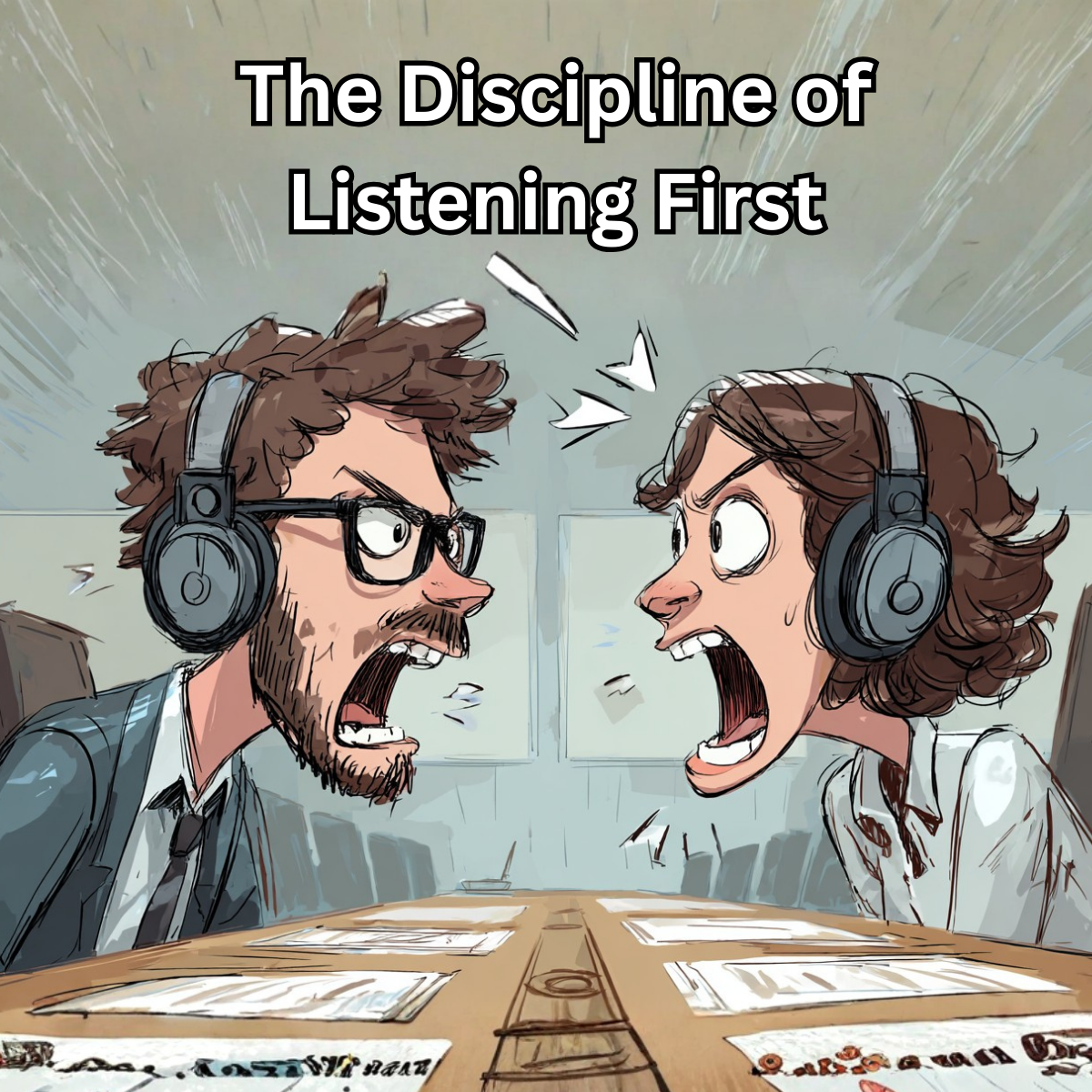I listened to someone pitch an idea today, and the approach was straightforward, simple, and easy to understand. The person expressed their motives, what they wanted, and why. I reflected after the meeting how refreshing that was. This led me to consider this word I hear often, that I am not sure I understand: pretentious.
You will hear someone say that a particular person is being pretentious. I will often nod my head at this, understanding vaguely that being pretentious is somehow bad. So today, I thought I would dive into understanding this concept and, more importantly, make sure that I can avoid being labeled this way!
First off, I am shocked I did not know this. I feel sort of embarrassed that I never made the connection, but pretentious is actually a shortened way to say “engaged in pretense.” So you would not say that person is being pretensive; you would say that person is being pretentious. The rules of the English language are sometimes impossible to understand. The root word pretense refers to an attempt to make something that is not the case appear true. It often involves a false display of feelings, attitudes, or intentions. In other words, pretense is a way of pretending or creating a facade to deceive others into believing something that isn’t genuine.
This makes more sense. If you have ever caught yourself telling someone that you know is not technically a lie but you know will certainly mislead them to draw a false conclusion, then you are being pretentious. This is deception by omission or manipulation. So when something is being offered as a pretense, this is the intent. This makes the word much more powerful when used in this context. I think most people who use this word are using it to describe someone who is “salesy,” or too braggadocious. Just because someone is being persuasive or appealing to an emotional appeal does not mean they are being pretentious.
Pollyannish might be the better phrase for this. This refers to an optimistic character from an early 20th-century novel, where a girl is often viewed as having a highly optimistic view of everything around her. That is what most people mean when they call a salesperson pretentious. They are saying that the salesperson is being overly optimistic about the benefits of their solution or product. This is certainly not a pretense.
When people come across as unauthentic, lacking humility, or talking too much, they are often labeled as pretentious. This is not a technically correct label unless the person also tries to convince you that something is true when it is false. If the salesperson is doing all these behaviors and then knowingly tries to persuade you into thinking that their solution or product is something that it is not, using false testimonials, or making up client references, that would be pretense.
I realized that being pretentious is hard work. Trying to pretend or carefully craft language to be something that you are not taking considerable time and energy to pull off. Simply reflecting reality is always easier. That is perhaps why people are accused of being pretentious in association with a high volume of talking. This is because when someone is trying to overplay a false statement, they feel like they have to explain and reexplain the rationale to ensure that you can follow the complexity of the tale they are trying to weave.
I started to think that the best way to avoid being pretentious is to tell the truth to the best of your ability. If you have to persuade someone (which is not pretense), you can still do that if you remember to practice humility, listen more than you talk, and be honest about your limitations. If you show genuine interest in other people and avoid overly complex jargon, language, and acronyms, you will certainly appear to be more authentic.
Ultimately, the key takeaway is that pretentiousness stems from trying too hard to present an exaggerated version of yourself or your ideas, often at the cost of sincerity. The energy expended in maintaining that facade is not only exhausting but also unnecessary. Authenticity, on the other hand, is freeing. It requires far less effort and fosters genuine connections.
So, how do we avoid falling into the trap of being pretentious? It’s surprisingly simple: embrace honesty, both with ourselves and with others. Don’t embellish or inflate your words or actions in an attempt to impress. Speak clearly, without trying to complicate things unnecessarily. If you don’t know something, admit it. If you’re excited about something, express that enthusiasm, but do so with humility and respect for your audience’s intelligence.
At the end of the day, people appreciate authenticity far more than they value over-the-top presentations or flashy rhetoric. When you stay true to yourself and communicate clearly, you won’t need to worry about being labeled as pretentious. You’ll be known for something much more valuable: being real. And in a world filled with so much noise, that’s a rare and refreshing quality.




